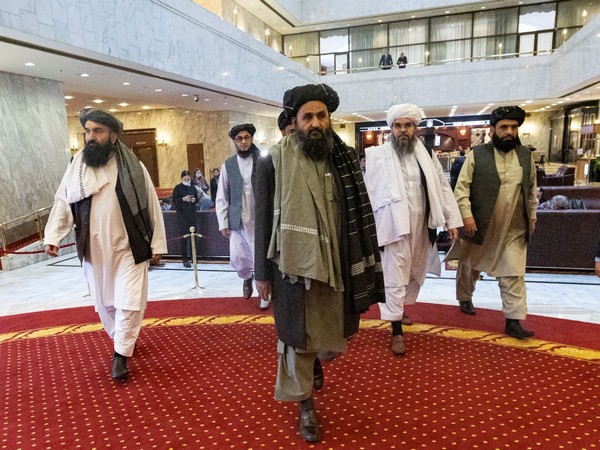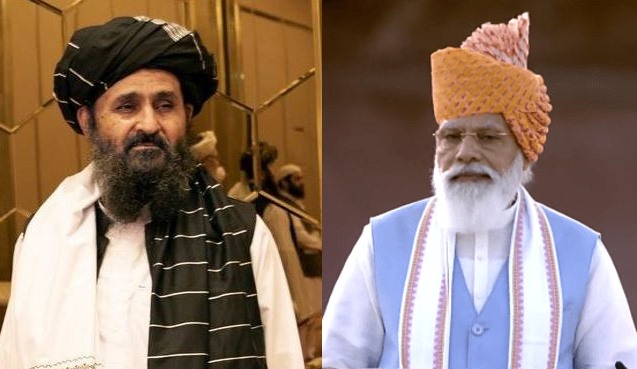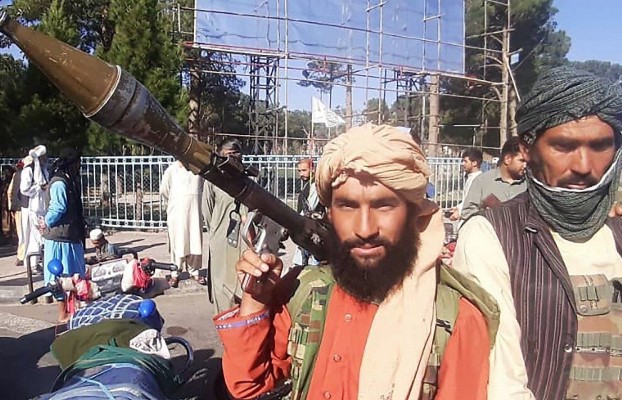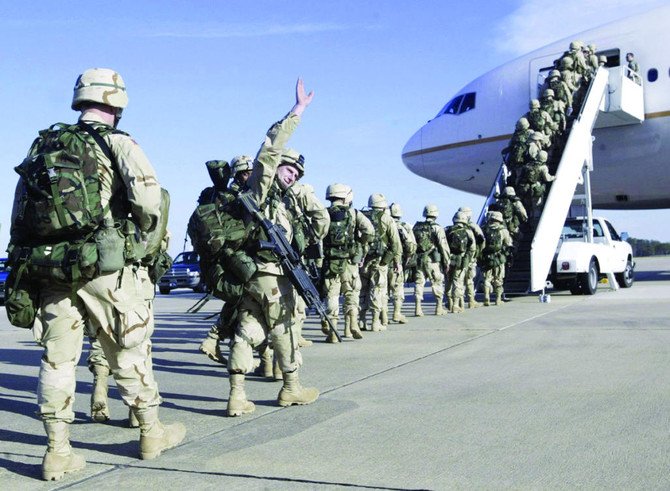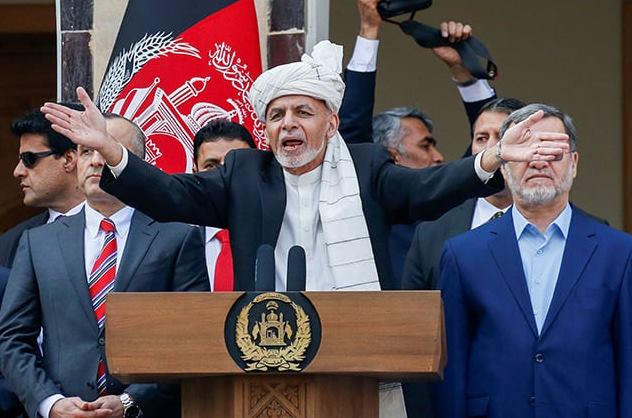The Taliban have once again captured the power in Afghanistan. In one of the swiftest operations the Taliban took control of all major cities including Kabul within a ten-days period. This feat has however, put them in a tight bind on whether to continue with their old traits or try to portray a new picture of the Taliban, which has moved along with the world in the last 20 years and one which is more pragmatic and tolerant and most of all which is politically savvy not violence prone.
A widely held belief is that the Taliban would like to be seen as more pragmatic and inclusive force rather than the one, which brutally ruled Afghanistan earlier. Whatsoever be the case, it would be reckoned by the group’s attitudes towards jihadists and other militants present in Afghanistan, ethnic and religious minorities, women and governance.
Future Government
It has been a week since the Taliban captured the national capital but they are yet to announce any government and its structure. This has led to speculations that intense political activities are going on behind the scenes and the world is waiting with bated breath to know the outcome. In the meantime Taliban have tried to calm concerns about their rule by urging women to join a government that has yet to be formed, declaring an amnesty for people employed by the former government or US and other foreign forces. To assuage these feelings, Taliban spokesman Zabihullah Mujahid said in May that the group, once in power, would write laws to ensure the participation of women in public life.
US Special Representative For Afghanistan To Travel To India This Week
However, reports from Kabul indicate that the former president Hamid Karzai and former minister of external affairs Abdullah Abdullah are still present in the city. This leads credence to the fact that any future government might be based on Islamic foundations but it might be an amalgamation of Islamic and liberal democratic principles.
ALSO READ: Taliban In Frame, Afghanistan In Flames
Karzai and Taliban’s current supremo Haibatullah Akhundzade are relatives and belong to the Popalzai tribe, tracing their lineage to the Durrani clan. So in a possible scenario Haibatullah might lead the Islamic Council, wielding control and power, as in the past and Karzai might be named as the president or prime minister of the new government, in which Abdullah Abdullah might also be included. In addition, non-Taliban leaders like Hizb-i Islami’s Gulbuddin Hekmatyar and former deputy president Karim Khalili might also be included in the new setup.
Further, we also have to take into consideration the rise of young blood amongst the Taliban ranks. Figures such as Mulla Yaqoob, son of former Taliban supremo Mulla Umar now leads its military branch and is credited with the swift capture of power in the country with less bloodshed. This young generation is tech and media savvy, many Taliban leaders now announce the latest developments on Twitter. Coupled with this the Taliban delegation, which took part in the Doha talks, has experienced exposure to the liberal views and they might be more amenable to a not strictly Islamic form of government. As far as the role of Taliban is concerned, they were accepted as an important political force when the former American president invited them to the Doha Talks, lending credence to them as a group, which needs to be engaged with for any feasible solution of the on-going war.
Afghanistan’s Mineral Wealth
The Taliban’s resurgence has once again brought renewed focus on Afghanistan’s vast untapped mineral wealth and resources that could transform its economic prospects if developed judiciously. Some conspiracy theories circulated earlier, which claimed that behind the on-going military campaign in Afghanistan, the American experts were also exploring the mineral deposits in Afghanistan.
Lending credence to these theories, CNN on 17 Aug. carried a story, which said that Afghanistan possesses mineral deposits worth nearly $1 trillion. Iron, copper and gold deposits are scattered across provinces. There are also rare earth minerals and, perhaps most importantly, what could be one of the world’s biggest deposits of lithium — an essential but scarce component in rechargeable batteries and other technologies vital to tackling the climate crisis.
Said Mirzad former head of the Afghanistan Geological Survey told Science magazine in 2010 that if Afghanistan has a few years of calm, allowing the development of its mineral resources, it could become one of the richest countries in the region within a decade.
Three countries, which have been wooing the Taliban based on this assessment, are Iran, China and India. All of them could provide the expertise, infrastructure and labour force for the further prospecting, mining and processing of these minerals.
Iran and China have been early starters in this regard. Iran has been hosting Taliban delegations to Teheran since last year and in late July 2021, before the recent developments, China’s Foreign Minister Wang Yi met with a delegation led by the head of the Afghan Taliban political committee Mullah Abdul Ghani Baradar in Tianjin.
India on its part began engaging with the Taliban leaders in Doha since September 2020 when the intra-Afghan dialogue began even as New Delhi refused to spell out its policy clearly and said it continues to engage with “all stakeholders”.
Afghan Psyche
Before commenting on the future of Afghanistan, we have to understand the geographic location, socio-cultural fabric and the internal forces, besides the Afghan psyche, all of which have always managed to play a key role in any political activity in the country.
The tribal Pashtun population of Afghanistan, which approximately is 42% has always enjoyed political influence both at the local and national stage. The Pashtun by virtue of being the largest tribe in the south and east has always dominated the national politics of Afghanistan, since the time of Ahmad Shah Durrani (1722-72).
Moreover, the central authority in Kabul has always governed the country through a loosely federal structure. Which means that the central law was more or less observed in major cities and some smaller cities, but at the district and village level the tribal writ was imposed with a heavy hand.
ALSO READ: Understanding The Resurgent Taliban
Added to this is the overall Afghan psyche, which has always remained fiercely independent and loyal to its tribal and clan ties besides being devout Muslims. To control them through a loose federal system remains the only wise choice, so as to let the tribal and clan ties continue and dominate the rural population but the major decisions are taken by the powers in the big cities.
This might be one of the reasons, which is forcing Taliban to evolve a government, which rules with an iron fist from the centre but at the village and district level the local tribes manage their affairs in their own style whilst participating in the development of the rural areas and the country as a whole.
